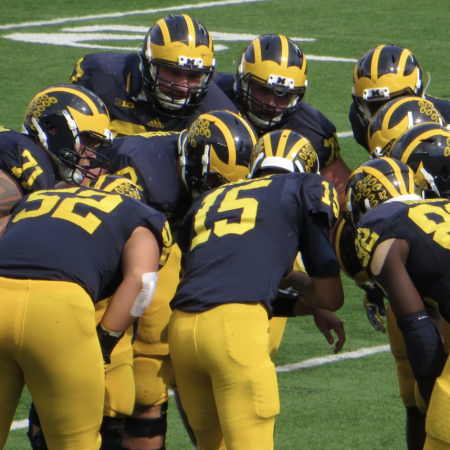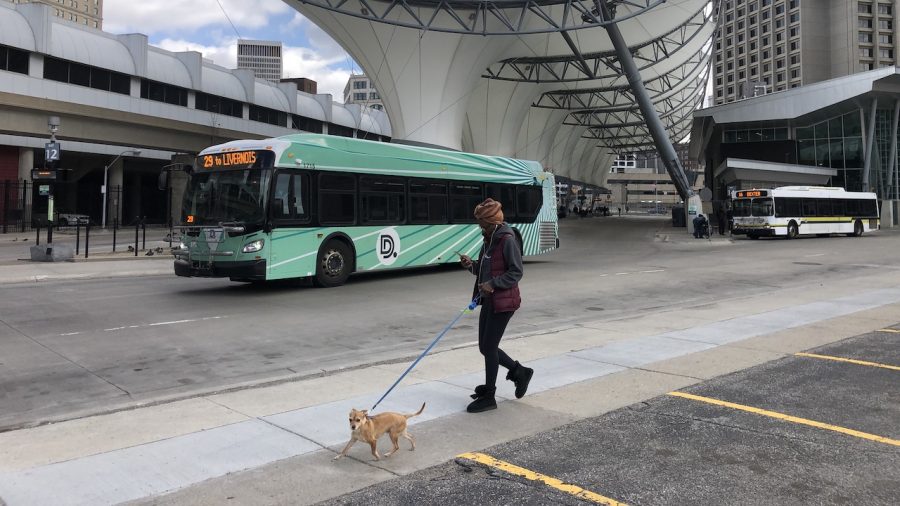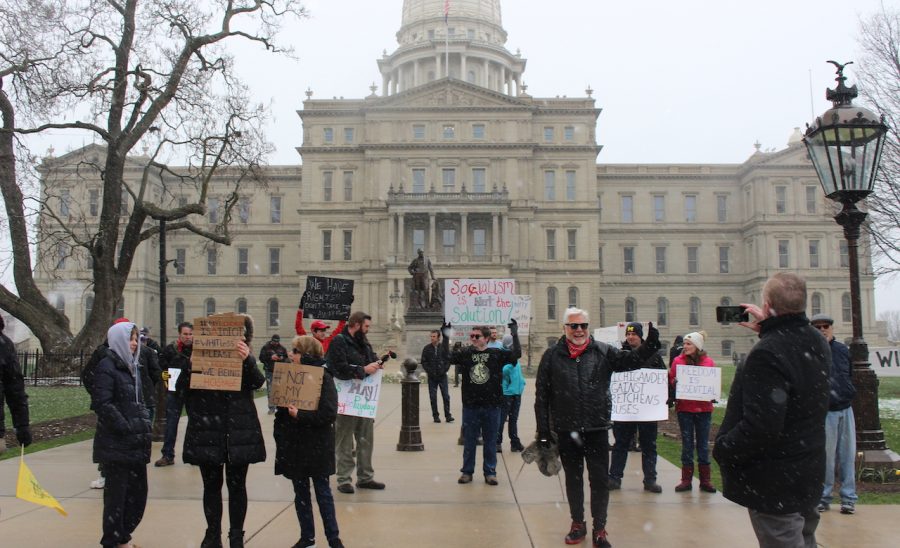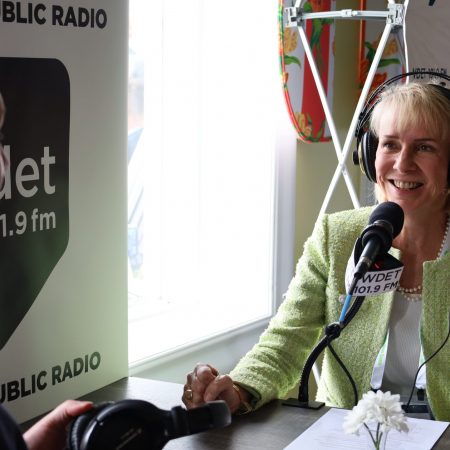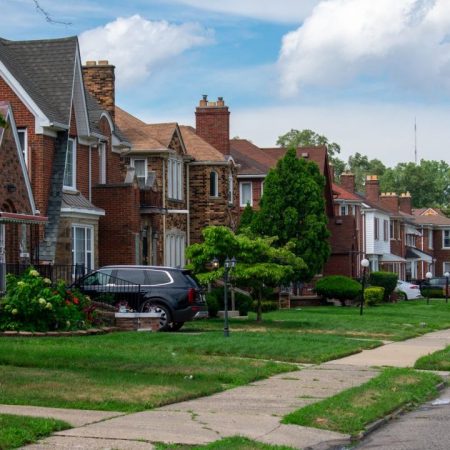Legislation would give protections to Michigan college athletes seeking name, image, likeness deals
There’s new legislation in Lansing aimed at preventing universities and other groups from interfering with Michigan college athletes earning money by marketing their name, image, or likeness —also known as NIL.
NIL has become a profitable sideline for many Michigan athletes. Analysts say those deals can be worth millions of dollars, though most are more modest.
But a recent settlement of a national anti-trust lawsuit may change the game.
The House v. NCAA settlement was finalized earlier this month. It resolves multiple antitrust lawsuits against the NCAA and its member schools, awarding $2.8 billion in back pay to athletes who were denied the chance to profit from their name, image, or likeness between 2016 and 2024.
The settlement also creates a framework for future revenue sharing between schools and student-athletes, allowing schools to directly pay athletes for NIL rights, and introduces new roster limits to replace scholarship limits.
However, a clause in the settlement that establishes a special commission to assess deals that student athletes can get is not being welcomed by NIL supporters.
Ramogi Huma, the executive director of the National College Players Association, said he believes such a commission would cost athletes.
“If such violations of Michigan’s NIL law do take place, it could cost Michigan college athletes tens of millions of dollars in NIL compensation each year,” said Huma.
And Thomas Dieters, the board president of Charitable Gift America, a group that negotiates NIL deals, sees the commission as essentially being unfair to student athletes.
“School administrators and coaches are very quick to negotiate their own seven figure contracts without a third party determining their value,” said Dieters, “Students should have those exact same rights.”
Former State House Speaker Joe Tate (D-Detroit) is a former standout athlete at Michigan State University, as well as a player in the National Football League. He’s currently running for Michigan’s open U.S. Senate seat in 2026.
Tate’s bill would block schools, conferences, governing bodies and other groups from interfering with athletes cutting their own NIL deals.
“One of the things that this legislation looks to do were not only protecting student athletes in their ability to take advantage of their name, image, and likeness — also empowering them,” said Tate.
A University of Michigan Athletics spokesperson declined to comment on the legislation.
The post Legislation would give protections to Michigan college athletes seeking name, image, likeness deals appeared first on WDET 101.9 FM.
